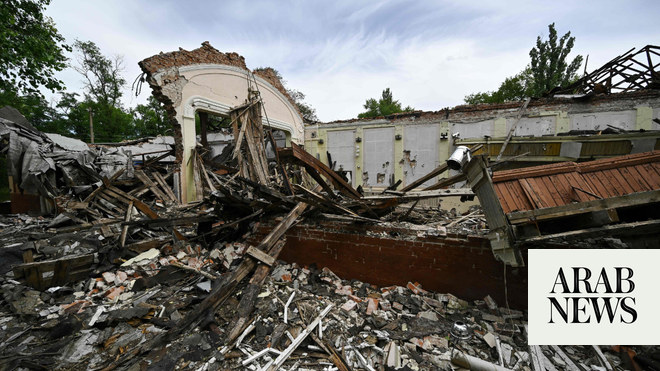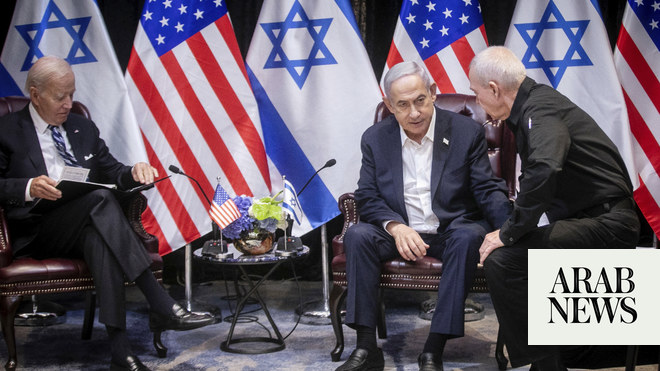
Since last December’s nationwide protests, the authorities in Tehran have been warning Iranians against staging demonstrations that could turn Iran into “another Syria.” Events of the past few weeks, however, showed a different danger looming for Iran, that of becoming “another Venezuela”.
A stormy session of the Iran Chamber of Commerce and Industries in Tehran on Sunday put the focus on fears of economic meltdown accelerated by threat of tougher sanctions coming from Washington in August.
Foreign Minister Mohammed Javad Zarif sat through the four-hour long session sporting his signature smile but unable to offer any good news to the concerned businessmen.
One businessman, Mehdi Behkish, demanded that the minister do “something more than smiling” to alleviate the effects of the sanctions. Another businessman, Ali-Reza Qassemi, warned that unemployment, standing at 12.3 per cent could rise above 15 per cent by the end of the year.
Several businessmen present complained that the government has not been paying is debt to the private sector for more than a year, injecting a cash-flow problem into the already dangerous mix.
One major concern was the loss by Iran of clients for its oil. Businessman Reza Paydar claimed that surveys show Iran may have to cut down its daily production of crude by as much as 700,000 barrels.
But top among concerns was the fear that the Trump Administration in Washington may have decided to try and “asphyxiate” the Iranian economy.
“After 12 years of sanctions we learned how to cope with the situation,” said businessman Ghulam-Hussein Shaf’ei. “Now, however, we face a radically much worse situation with Trump”.
Interestingly, Zarif claimed that he shared those concerns. However, he was unable to jettison the so-called “nuke deal” which many in Iran and elsewhere believe is dead.
Formally renouncing the “nuke deal” would deprive the Rouhani presidency of its only major policy initiative and its sole claim to diplomatic and political success. And, yet, many in Tehran fear that Iran would have to accept the reality that the “nuke deal” is beyond redemption and move to develop an alternative economic strategy.
Efforts to find such a strategy were at the center of debates at a closed session of the Islamic Majlis (parliament) on Sunday attended by six Cabinet ministers plus Rouhani’s 1st assistant Eshaq Jahangiri.
According to sources within the session at least nine members called for Rouhani to resign or at least reshuffle his economic and diplomatic team.
“We expressed the fears of the public that our economy has become like a driverless train heading for a brick wall,” one member reported in a phone conversation.
Instead of calming those fears, Jahangiri effectively asked the Majlis to shut up and put up.
“In the coming months many factories will close down,” he said. The only concrete proposal he had was to divide the present Ministry of Industry, Commerce and Mining into two separate departments, presumably with new ministers to be appointed.
On Monday, the same fears found an echo in the Grand Bazaar in Tehran which pulled down its shutters for the first time in almost 40 years.
On all occasions, in the Chamber of Commerce, the emergency Majlis session, and the Grand Bazaar strike, cries of “Resign! Resign!” went without it being clear to whom they were addressed.
“The way things are going we may well be the next Venezuela,” warns Sadeq Ziba-Kalam, an academic close to the “moderate” faction led by President Hassan Rouhani. “The same style of economic mismanagement could produce the same results.”
What complicates matters further is growing uncertainty about who is in charge of economic policy. “Supreme Guide” Ali Khamenei has appointed a shadowy “Council of Economic Resistance” with the mission to reorganize Iranian economy on the basis of “self-sufficiency”.
As a first step in that direction, the Central Bank of Iran is to introduce a three-tier system of currency parity for the Iranian rial which has fallen to an all-time low in the open market. To bolster the proposed system, the “council” has already published the list of 1,400 “non-essential imports” for which no foreign currency would be available.
The full membership of the “council” isn’t quite clear yet, although Jahangiri is named as its chairman. Significantly, however, any decision by the “council” would have to be cleared with Khamenei’s office which means the Rouhani cabinet will now have an advisory function on economic policy.
Opponents of Rouhani within the ruling establishment plan to use the looming economic crisis as a launching pad for Rouhani’s forced resignation and the holding of early presidential and Majlis elections. Among those promoting the idea is Hussein Mussavian, an Islamic Republic lobbyist in the United States and a former aide to late President Hashemi Rafsanjani. He rejects any talks with the US and suggests that Iran should prepare to fight either by forming a new Cabinet or even by saying goodbye to Rouhani.
Another pro-Islamic Republic lobbyist in the US, academic Hushang Amir-Ahmadi, suggests the formation of a military government for a period of transition, presumably until the end of the Trump presidency.
Speculation about Rouhani’s future intensified when the daily Kayhan, believed to echo Khamenei’s views, published an editorial Sunday castigating the president for not honoring any of his 160 promises.
However, it is not clear whether Khamenei would be prepared to use his constitutional power to dismiss Rouhani. More importantly, the “Supreme Guide” might not wish to remove the regime’s democratic mask by handing over the presidency to one of his generals.
The idea of a general in charge of Iran was first echoed last month by British Foreign Secretary Boris Johnson in a speech in the House of Commons when he said Commander of the Qods (Jerusalem) Corps General Qassem Soleimani may take over.
However, other names are also circulating including former Commander of the Islamic Revolutionary Guard Gen. Yahya Rahim Safavi who had contemplated standing for the presidency in 2005.
The Rouhani faction still hopes to weather the storm. The calculation is that the Europeans will secure enough facilities for Iran to prevent its economy from total collapse. That would enable Rouhani to claim that the “nuke deal” is still working, albeit on a more limited level. Buying time would allow the Islamic Republic to wait for the next mid-term elections in the US in November which could give the Democrats control of the Congress, thus preventing Trump from taking even tougher action against Iran.
Meanwhile, the economic crisis deepens with the Iran Chamber of Commerce reporting the loss of an average of 1,000 jobs each day.












